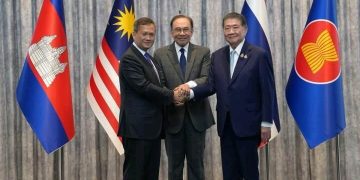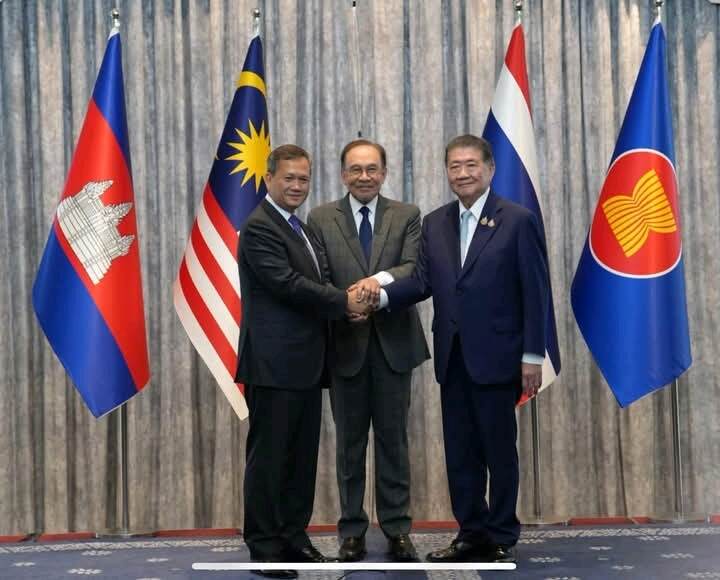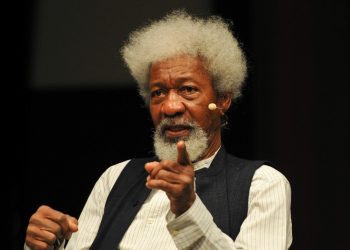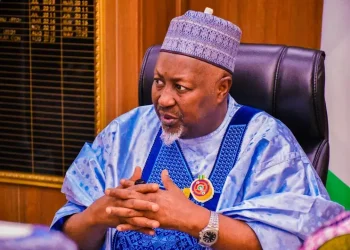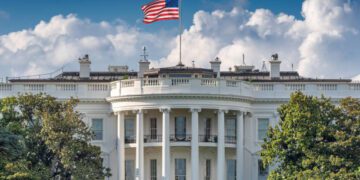In a dramatic breakthrough after days of fierce border clashes, Thailand and Cambodia have agreed to an immediate and unconditional ceasefire, effective from midnight local time on Monday, July 28, 2025.
The agreement comes after nearly a week of hostilities that left at least 36 people dead, mostly civilians, and forced more than 300,000 people to flee their homes.
The conflict erupted on July 24, reportedly triggered by a land mine explosion that injured Thai soldiers near the contentious border area.
Within hours, both nations exchanged heavy artillery fire, and Thailand carried out F‑16 airstrikes in the vicinity of the historically disputed Preah Vihear and Ta Muen Thom temple complexes. The fighting quickly became the worst cross‑border violence between the two Southeast Asian neighbours in over a decade.
The ceasefire was brokered through urgent diplomacy led by Malaysia, which currently chairs the Association of Southeast Asian Nations (ASEAN). Malaysian Prime Minister Anwar Ibrahim confirmed at a press conference in Putrajaya that Cambodian Prime Minister Hun Manet and Thailand’s Acting Prime Minister Phumtham Wechayachai had reached what he described as a “common understanding” to stop fighting and resume dialogue.
The United States and China also played supporting roles, with US President Donald Trump warning of suspended trade deals if fighting persisted, a move some analysts viewed as heavy‑handed but effective.
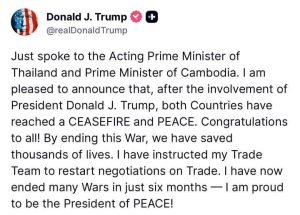
Despite the agreement, tensions remain. Cambodian officials expressed hope to seek a broader settlement at the International Court of Justice, while Thailand rejected involving the court, insisting on bilateral negotiations instead.
As part of confidence‑building measures, ASEAN will deploy a monitoring team to oversee the ceasefire, and military commanders from both sides are set to meet for informal discussions on Tuesday. A follow‑up border committee meeting is scheduled for August 4 in Cambodia.
The recent clashes are recent proofs of the deep‑seated mistrust that continues to haunt Thailand and Cambodia, whose shared border stretches over 800 kilometres and cuts across areas rich in history, national pride, and disputed heritage sites.
The Preah Vihear temple, in particular, has been at the heart of past confrontations, having been awarded to Cambodia by an ICJ ruling in 1962z a decision still deeply contested by many in Thailand.
For thousands of civilians displaced by the latest violence, the ceasefire offers at least a glimmer of hope. Yet as history has shown, the road to lasting peace will demand more than signed agreements.
For now, though, the guns have fallen silent, an urgent reprieve for communities on both sides of the border who have borne the brunt of yet another tragic flare‑up in this long‑running dispute.
